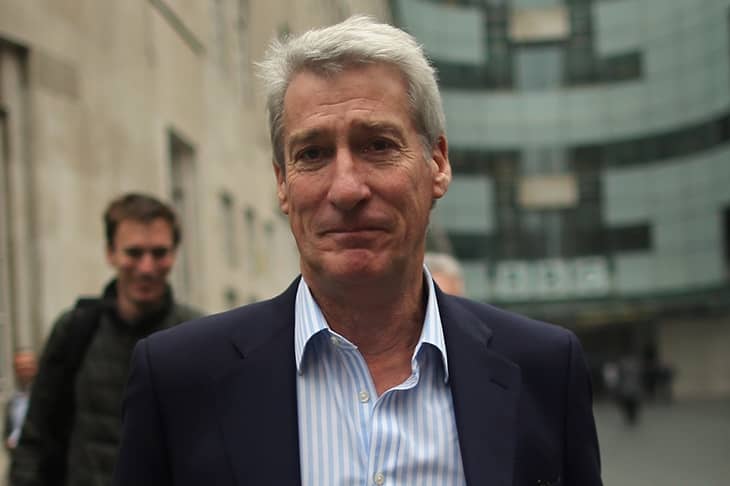I am just back from my final salmon fishing trip of the year. I have never had a worse season and have hardly cast a line. This autumn’s almost unprecedented sunshine has been terrible for fishing; the river Tweed had been reduced to a dribble, through which even Alex Salmond could easily lead an invasion force from Scotland to England while wearing a three-piece suit. I returned to find a letter from Salmon & Trout Conservation lying on the mat. It is bizarre that the only friends these fish have are those who want to stick a hook in them. The chief executive sounded at his wits’ end as he appealed for funds.
I hope I’m wrong, but I think we may be looking at the beginning of the end of a primeval cycle in which salmon are born in freshwaters, then embark upon prodigious migrations at sea before mysteriously returning to their natal rivers. The reasons for my pessimism are numerous, but mainly manmade. In the meantime, salmon farms continue their torturous business, producing miserable-looking creatures to be served up as ‘smoked salmon’ at dinners across the land for those who know no better. Anyone who has visited the West Coast of Scotland and seen the enormous cages in which so-called salmon are ‘farmed’ will be aware of how far these environments are from the natural life of a migratory species. Having been eaten alive by lice, poisoned by chemicals and ‘cleansed’ with hot water, their only resemblance to real fish is the presence of mangled fins and tails. It is almost two years since a group of numpties from the Scottish parliament completed a review of the industry saying ‘the status quo is not an option’. It turns out that it is, for nothing has happened since.
But it’s an ill wind. Or zephyr, I suppose. I am as concerned as anyone by our energy crisis, but it takes some believing when you look at the fact that for hundreds of years, coal met all our needs. Those great steel windmills splattered across the countryside have demonstrated what common sense told us: that they only turn when the wind is blowing. In the dog days of September, many did not spin at all. My latest book, Black Gold, is about the impact coal mining had on Britain. To me, it is the commodity which made this country. A century ago, more than a million people were employed to get coal from the ground. In 1913, we brought more than a million tons of coal to the surface, and even a decade ago, 40 per cent of electricity was produced from coal. Now, imported gas has largely replaced it. The government has said that by 2050 no coal at all will be burned to make electricity and 40 per cent of our electricity will soon be generated from renewable sources like the stationary windmills. This is the sort of gesture politics that is much easier said than done. At least one of Nottinghamshire’s coal-fired power stations had to be switched on again in September because the price of imported gas was so high. The only difference from the pre-green days is that the coal now arrives by goods train from Immingham because we’ve bought it overseas.
I am pleased by the reaction to my recent interview for the Sunday Times. The reporter was that unusual chap Richard Coles, formerly half of the Communards, or, as his trademark identifies him, the Reverend Richard Coles. For some reason, his flaunting of religion had offended me, and I used to find him intensely annoying. But I was wrong: he’s a good writer and a kind man. His interviewing style was easy-going and the process was rather cathartic and enjoyable. I wondered whether the future of interviewing belongs to people like him, rather than to prosecuting counsel. Perhaps I should say differently if his subject were someone more economical with the truth, such as Boris, but I doubt it. He’s one of the good guys. Reaction to the interview, much of which ended up being about Parkinson’s disease, reaffirmed my faith in ordinary people. I received lots of letters and emails agreeing what a bore the condition is, the frustration of there being no cure, and suggestions of weird and wonderful therapies from across the world. Getting Parkinson’s has been shit. But I haven’t made so many new friends since the arrival of our dog, Derek, from Battersea Dogs’ Home.
On my return to London, I had lunch with the American pollster Frank Luntz. He is trying to find out what the British electorate thinks on various ‘hot button’ issues. I normally loathe polls and have made it a principle always to lie to anyone with a clipboard. From Frank’s samples I gather that — thank heavens — most Britons still feel their quality of life is better than that of their parents, which ought to make most political promises redundant. The problem is that they still worry about whether a lie can be halfway round the world before the truth has got its boots on.






Comments